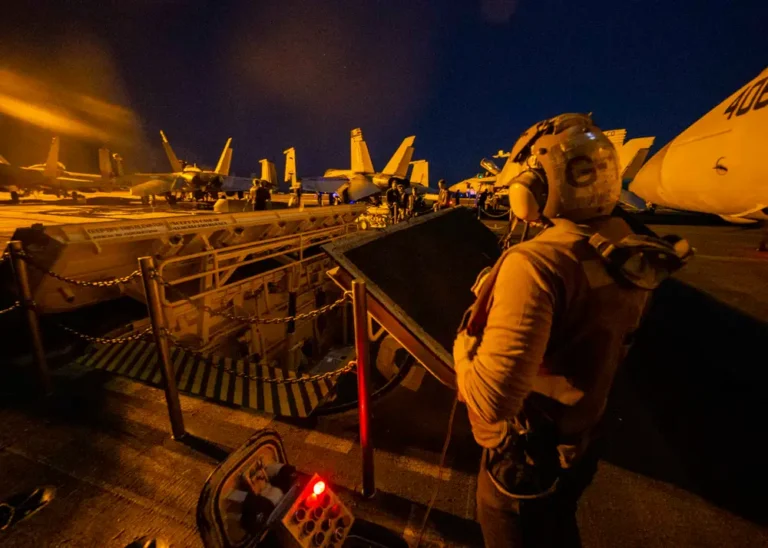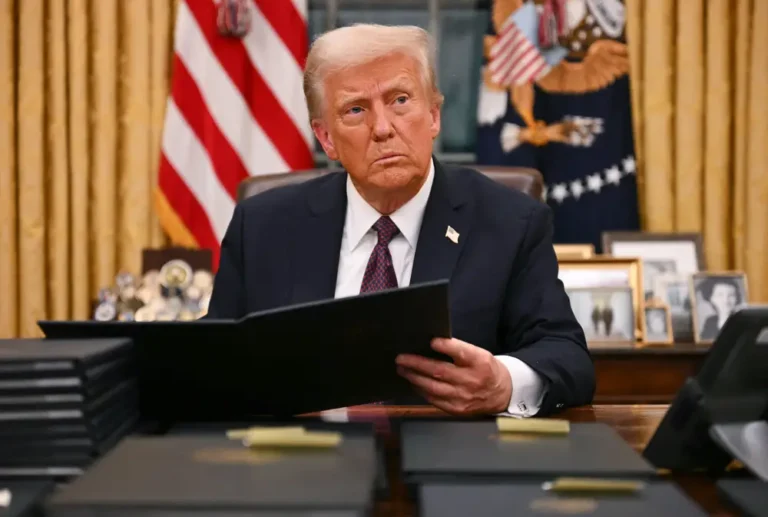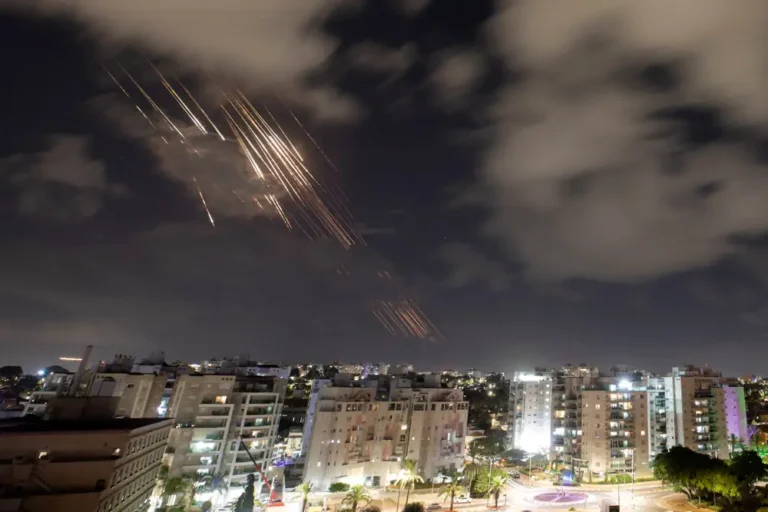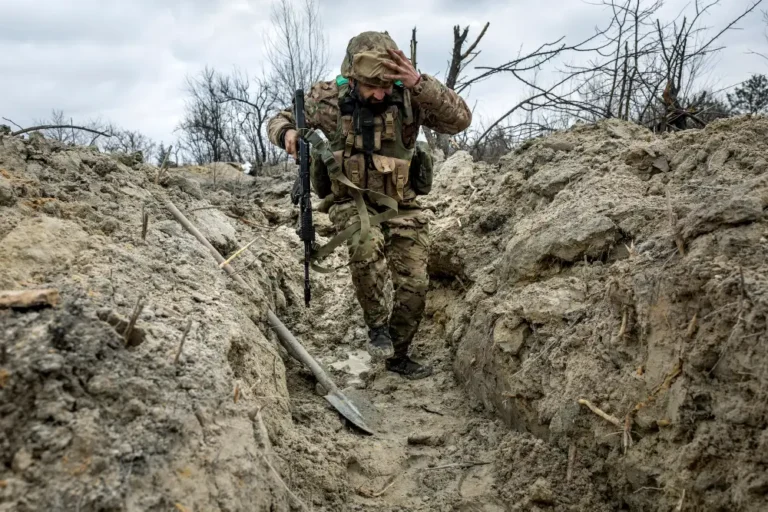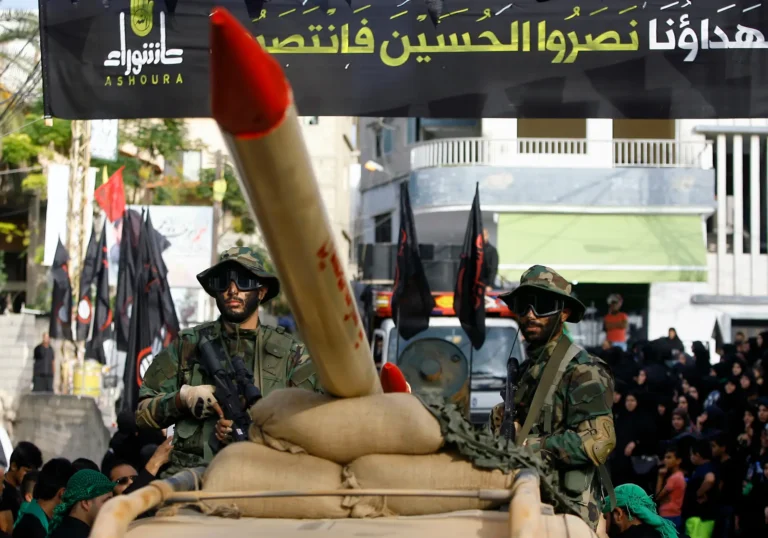One of Russia’s allies says it is quitting Putin’s rival to NATO, in the latest snub to the Kremlin
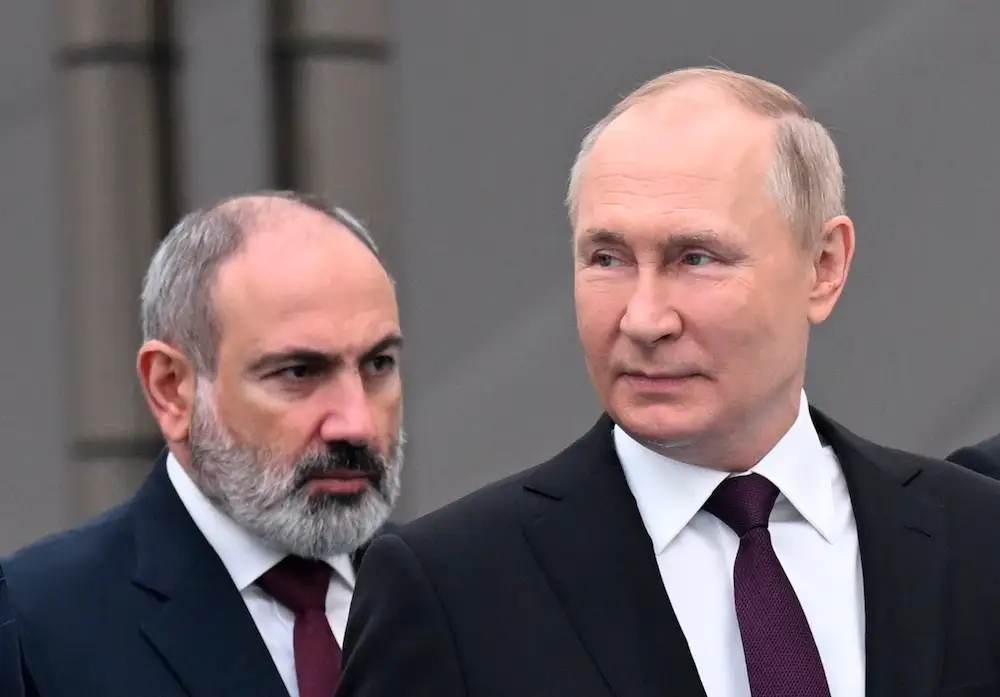
A key Russian ally said it’s quitting the Collective Security Treaty Organization, a group widely considered to be President Vladimir Putin’s answer to NATO.
Armenian Prime Minister Nikol Pashinyan, who has repeatedly snubbed Russia, said in parliament Wednesday that he’d take his country out of the Moscow-led CSTO alliance, The Associated Press reported.
Pashinyan said his government would decide later when to make the move, according to the AP.
Experts previously told us that Putin founded the alliance — made up of Russia, Armenia, Kazakhstan, Belarus, Kyrgyzstan, and Tajikistan — as a rival to NATO and that he wanted to project power by leading a multinational body, despite most of the members not having notable militaries or large economies.
However, the plan seems to have backfired as tensions among the alliance have grown, especially since Russia launched its full-scale invasion of Ukraine in February 2022.
Pashinyan’s latest announcement is likely a huge blow to Putin.
The prime minister told lawmakers: “We will leave. We will decide when to leave. We won’t come back. There is no other way.”
Dmitry Peskov, a Kremlin spokesperson, said Thursday that Russia “will continue to work with our Armenian friends” to clarify their position, the state-controlled Russian news agency TASS reported.
Peter Frankopan, an expert on Russian and Balkans history at Oxford University, told us that while other CSTO countries would likely give a “shrug of the shoulders,” Moscow would ultimately have a stronger response.
Moscow will likely see Armenia as trying “to be too big for small boots — so no doubt there will be repercussions in order to show the downsides of daring to stand up to Russia,” he said, adding: “What those are, and when they play out, is a matter of guesswork.”
In the immediate aftermath, Armenia’s foreign minister denied Pashinyan said the country was withdrawing, in an apparent attempt to soften the diplomatic impact, the AP reported.
Tensions have heightened between Russia and Armenia since Putin’s full-scale invasion of Ukraine, which Pashinyan has refused to endorse on multiple occasions.
Pashinyan said in June 2023 that his country was “not Russia’s ally in the war with Ukraine” and that it felt trapped between Russia and the West.
Relations between Russia and other CSTO members have also become more strained since the invasion, with countries seeing how caught up Russia is in Ukraine — leaving some worried about how protected they are if attacked, experts previously told us.
Pashinyan was also irked when Russian peacekeeping troops did not come to Armenia’s aid last year when Azerbaijan attacked a separatist region that had been largely under the control of ethnic Armenians.
He had previously called the CSTO response to the conflict “depressing” and “hugely damaging to the CSTO’s image both in our country and abroad.”
Pashinyan raised that issue again on Wednesday, accusing unspecified CSTO countries of conspiring against Armenia in the conflict.
“It turned out that its members failed to fulfill their obligations under the treaty and planned the war against us alongside Azerbaijan,” Pashinyan said, per the AP.
Frankopan said the latest development may not end with Armenia leaving the CSTO if negotiations take place.
“Talking about withdrawal can give a chance to course-correct for all sides, so it might be that we are seeing a round of shadowboxing, rather than something more definitive,” he said.
But he added that an Armenian withdrawal would be “a long time coming,” given the country’s escalating complaints about Russia’s leadership of the alliance.
Other recent Armenian snubs to Russia include the country joining the International Criminal Court in February, even though it has issued an arrest warrant for Putin.
Armenia froze its CSTO membership in February but until Wednesday had not clarified its position.
In June, at a meeting of CSTO member states’ foreign ministers, Armenia was asked to clarify its membership status, with its foreign minister later saying only that he had “excellent personal relations” with the bloc’s secretary-general.

